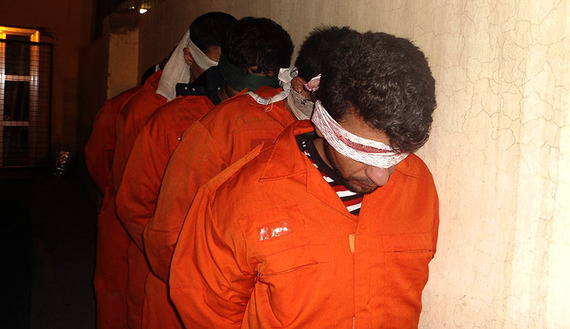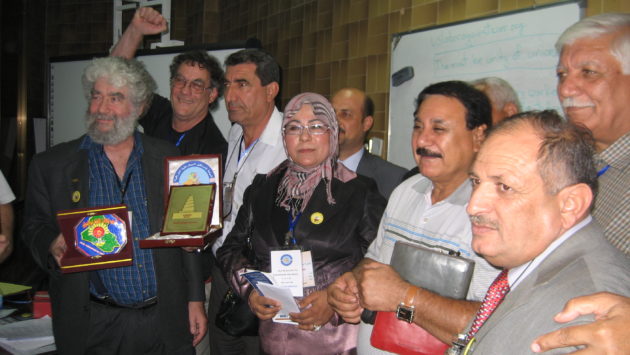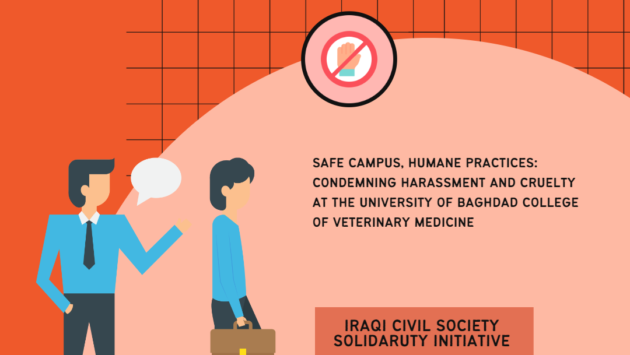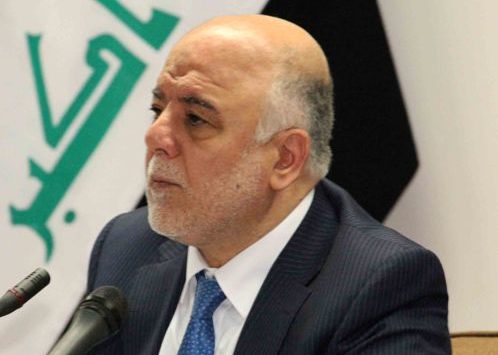Transitional Justice Fails in Iraq
Ali Mamouri – Almonitor

Transitional justice is an important and decisive phase for societies liberated from a long era of dictatorial or sectarian rule. When transitional justice is not achieved, society will suffer violent chain reactions among the different social groups. In many cases, the relationship between the executioner and the victim is reversed, and the acts of revenge and retribution breed other violations that intensify and deepen the waves of violence in the country. All this started happening in Iraq after 2003.
The goals of transitional justice go beyond trial and punishment for the perpetrators of heinous massacres. They include a whole project with the aim of reaching national reconciliation in a country where trust between the different sects and between the people and state institutions has been lost. Transitional justice should compensate the people of different sects who have been harmed, commemorating the massacres, seeking the truth about human rights violations and paving the way for a more peaceful future in which they are not repeated.
In Iraq, although the perpetrators of heinous crimes against humanity during the Baathist rule were prosecuted, the other measures necessary to fully implement transitional justice failed. Some illegal and arbitrary measures still stand from the days of the previous rule in the modern Iraqi state. There have been several reports about mass arrests in Sunni states or arbitrary shelling on regions from which shots were fired at the military forces.
Sheikh Abdel Sattar Abdul Jabbar, the imam of the Abu Hanifa Mosque in the Al-Azamiyah district of Baghdad, told Al-Monitor, “We were not happy with the mass arrests during the days of [former President] Saddam Hussein. Yet, history is repeating itself in our Sunni regions. Detained people are jailed without trial and some of them are only released after their families pay large amounts of money to the officers in charge.”
Al-Monitor met with some of these families in Baghdad. One set of parents recounted that their son was imprisoned without any proof of criminal conduct and not even granted visitation rights. Eventually, they had to pay $60,000 to an officer responsible for his file so that he would be released. The strange thing is that these payments were done by official means, through banks. This means that those receiving the bribes do not fear any legal repercussions.
Regarding compensation for those affected by the crimes of the former regime, thousands of families are waiting to have their files considered by the Political Prisoners Foundation.
Nada, from Basra, told Al-Monitor that she was incarcerated in the former regime’s prisons when she was only three years old, along with her mother and sister, and they spent more than three years in prison. It has been four years since she applied for compensation, but to no avail.
Meanwhile, the outgoing parliamentarians have voted on legislation known as the “Jihad Service Law,” which offers wide privileges to adherents of Islamic political parties, especially to the parliament members themselves, for the years they spent fighting against the former regime. This decision angered Grand Ayatollah Ali al-Sistani, who criticized them for only looking after their own interests and those of their close associates while disregarding their responsibilities toward their people.
In regard to truth-seeking, many criminal files are still open and no investigations have been undertaken to determine who exactly was responsible. Who was in charge of the dozens of mass graves in the time of Saddam? Which group targeted Iraqi pilots after 2003? Who is responsible for the killing of more than 300 journalists? Who bombed the Shiite holy shrine in Samarra in 2006? The list goes on.
Iraq has received many consultations and recommendations from international institutions such as the International Center for Transitional Justice concerning the management of the transitional justice period, including on holding trials and other pertinent issues. However, it seems that the Iraqi government has turned a blind eye to this matter.
On the other hand, sectarian tension in the country has caused some state institutions to act in bad faith with regard to transitional justice, which led to further violence in the past years. The way the government has been dealing with Sunni and Shiite militias is further evidence of this situation.
In fact, while Sunni armed groups are being targeted as terrorist groups, Shiite groups, such as the Asaib Ahl al-Haq movement, are receiving the support of Prime Minister Nouri al-Maliki’s government and are allowed to hold festivals freely in Baghdad. News has circulated that Shiites are also fighting with governmental forces in Syria and Anbar.
The successive cycles of violence in Iraq have led to additional complications in the transitional justice project, as the executioner and victim have indeed traded roles. This rearrangement of power has deepened the gap between Iraq’s communities and made it harder for parties to find ways to achieve justice. In this context, a large segment of Iraqis have fallen victim to the circle of violence. For instance, Sheikh Abdel Sattar lost two of his brothers at the hands of al-Qaeda and Shiite militias. He was also arrested by government forces, he told Al-Monitor.
Hence, transitional justice in Iraq is not seen as a project to transition from dictatorship to a fair democratic system. It has been, rather, dealt with with a very selective approach. The focus has been on trial and punishment, while other basic elements were left out, leaving room for further crimes to be committed in the name of justice.




